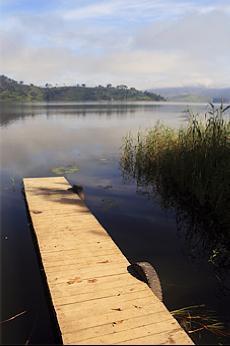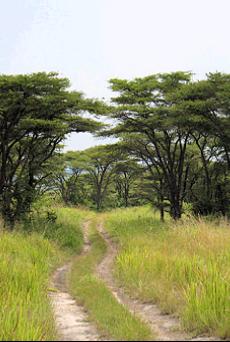reading group questions
Warning! This page contains some ‘spoilers’. If you have not read the book yet perhaps it’s best to wait until you’ve finished it before reading the questions.
1. Modern migration makes it common for children growing up in one culture to find themselves in another when they reach adulthood. Zachye and Michael cast off their cultural and family inheritance but cannot find peace. How much should we hold on to our own background culture? What do Zachye and Michael eventually draw from their family inheritance?
2. ‘We are alike, you and I,’ says Zachye to Michael when they meet outside the truck stop. Whilst too many parallels between the lives of Zachye and Michael would have seemed contrived, there are similarities. What parallels did you notice?
3. Two black children, two white; which child character did you have most sympathy with?
4. Michael as an adult has rejected his childhood self but do you think that his core personality traits have changed?
5. The scene where Stanley is being operated on is graphic. Too graphic?
6. Do you think that Felice is a convincing character, or do you think that the author portrayed her as symbolic? If so, of what?
7. Hanging in Michael’s school is a painting by Delacroix showing Jacob struggling with an angel. In his book Civilisation Kenneth Clarke comments on the meaning of the painting: In the shadow of the great oaks, symbols of his primitive nature, man has struggled all night to resist the gift of spiritual perception that will so greatly sadden and complicate his existence … One of the themes of the novel is lost faith. Is this a comfortable topic for discussion? Is Michael’s adult struggle with religious faith something he should just get over? Does he 'find religion’ in the end – or does he find something else?
8. Did you find the portrayal of missionaries too sympathetic, or too harsh?
9. Stanley and Zachye’s childhood is written in a different style from the rest of the novel. Why do you think the author did that?
10. On his blog the writer Rod Duncan has commented that Zachye and Stanley as children make a transition from one world to another world when they go to school, but each boy is suited to one world but not the other. Zachye finds himself floundering in the world of school. Is Zachye dyslexic?
11. Buried grief contributes to Michael’s mental illness. He has lost a coherent internal narrative due to childhood trauma. Do you think his mental illness is portrayed realistically?
12. White writers writing about Africa run the danger of falling foul of the Kenyan writer Binyavanga Wainaina’s comments in his article How to write about Africa published in Granta magazine. Should white writers write about Africa? Has the author avoided the pitfalls outlined by Wainaina?
13. Michael holds the hand of a child on the shores of East Africa in the last chapter. This is an echo of the scene where his great-grandfather holds the hand of the ill son of the local chief. Both men were prevented from leaving Africa by the hand of a child. Did you find other resonances throughout the book between the past and the present?
14. Do you think that Felice chose Michael in the end? Did you find the element of openness in the ending satisfying or would you have preferred a closed ending?




